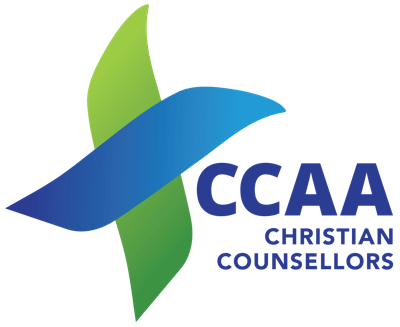Annual CPD requirement – 20 hours (from 1/7/17) Updated April 2022
There are 2 categories from which the 20 CPD Hours may be accrued:
Category A – MANDATORY: Minimum annual requirement – 10 hours
Category B – OPTIONAL: Maximum annual allowance – 10 hours
The annual requirement of 20 CPD hours may all be accrued from category A if preferred as Categories B is optional.
CATEGORY A A minimum requirement of 10 hours per year accumulated by:
– Attendance at person-to-person courses, workshops, seminars and conferences
– Participation in online facilitated learning – that is in real time. CCAA Zoom sessions fit this criteria.
Online facilitated learning takes place in an online learning environment. The presence and contribution of an online facilitator is required, providing synchronous* or asynchronous* interaction between the facilitator and the participants. This involves interactive learning where participants carry out a number of learning activities rather than passively listening to a lecture or presentation. Examples of online facilitated learning are online courses that include facilitated online discussions or forums, and may also include assessment components.
*Synchronous interaction takes place during the online training
*Asynchronous interaction takes place at another time, for example via an online forum, or email
CATEGORY B A maximum allowance of 10 hours per year accumulated by:
Category B CPD is a more passive style of learning such as reading or listening, where you do not actively engage with a facilitator or presenter – (For example, recorded webinars or webinars that are not substantially interactive in nature).
- online webinars, podcasts, talks, providing teaching or presentations in area of specialty (5 hours)
- It can also include any supervision hours done in excess of the annual requirements
- reading books/journals (1 hour journal article, 3 hours book)
- *peer learning groups, original publication of research (10 hours)
*Peer learning groups are groups of peers who meet to discuss and explore counselling and psychotherapy topics or resources, without a formal facilitator.
A reflective journal is required for each Category B activity. Citation or uploaded article for published work.
(A reflective journal is a written record, that reflects on the learning activity undertaken and how it relates to and enhances professional practice.) Download a reflective journal HERE.

